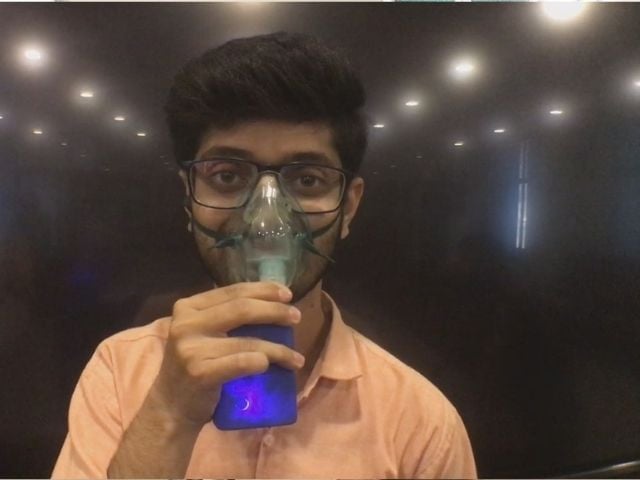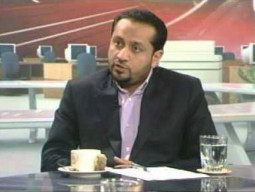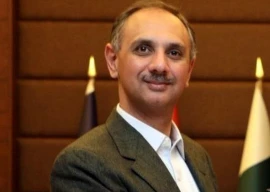
University of Karachi (KU) Pharmacy Department students have developed what they claim is the world's smallest rechargeable nebulizer in an effort to make treatment for respiratory illnesses more accessible, affordable, and eco-friendly.
This tiny nebulizer - less than one inch in width - is compact enough to be used at home, in the office, or while traveling, providing a convenient solution for people with respiratory conditions.
The developers - who are final-year pharmacy students at Karachi University - explained that respiratory illnesses, such as asthma, become more prevalent in winter due to environmental pollution. According to them, the pocket-sized device can be used for up to 35 minutes on a single charge, offering an effective and portable alternative to traditional nebulizers.
The tiny nebulizer, which can be charged via microUSB or Type-C ports, is soundproof, making it easy to use in any setting. Unlike conventional nebulizers, which are often bulky, noisy, and require a constant power supply, this device runs on rechargeable batteries and is wire-free.
Abdul Rehman, the team lead of student developers, said that while most nebulizers on the market cost between Rs8,000 to Rs10,000, their design offers a more affordable option, priced under Rs2,000. "We wanted to create a nebulizer that was not only effective but also affordable for families who may struggle with the high cost of medical devices," he told The Express Tribune.
Interestingly, the device is eco-friendly as it is made from bio-plastic, a material that reduces environmental impact. This makes it not only a health-saving device but also a sustainable one.
Nebulizers are especially crucial for children and the elderly, who are more vulnerable to respiratory diseases. According to Abdul Rehman, the easy-to-use design of the new nebulizer makes it ideal for patients of all ages, particularly in settings like schools, offices, and homes, where traditional nebulizers would be less practical.
The team, which includes Abdul Rehman Siddiqui, Taha Ishaque, Syed Waliuddin, Syeda Arshia Maruf, Zohaib Salman, Maheem Zaidi, Parihan Khan, and Tooba Saleem, said that their project reflects the potential of Pakistani students to make meaningful contributions to science and technology.
They urged both educational institutions and the government to support and invest in such innovations, which could improve healthcare solutions in Pakistan and beyond.



-(14)1720679028-0/(image-blakelively-on-Instagram)-(14)1720679028-0-165x106.webp)

1731028448-0/Untitled-design-(37)1731028448-0-165x106.webp)












COMMENTS
Comments are moderated and generally will be posted if they are on-topic and not abusive.
For more information, please see our Comments FAQ